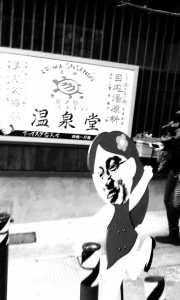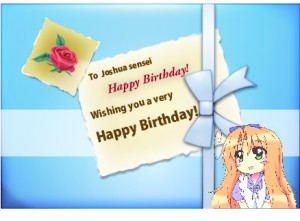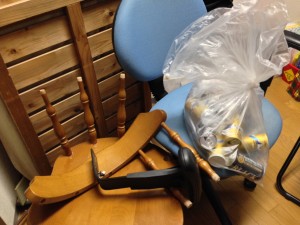I think eighteen-year-olds should not be permitted to vote because they are still children. Almost all of the eighteen-year-olds in Japan are high school students and they are supported by their parents, so they are literally children. Children are not paying taxes, therefore I think it is strange if they are given a vote and decide the national policy including the national budget. (Written by B, high school junior) 修道高2
I don’t think eighteen-year-olds should be given the right of voting. I think they need to be interested in Japan’s politics and learn it before they have the right of voting. In addition, I don’t trust candidates’ promises. You have to be careful when you vote. It is true that our national debt accounts for nearly fifty percent of our national budget, which means that our generation has to pay for it. It is important that we get eighteen-year-olds to be interested in Japan’s politics before we give them the voting right.
(Written by J, high school junior) 修道高2
My opinion is that voting age should be lowered to eighteen-year-olds because the government should reflect opinions from people of all ages including the young.
I don’t want them to reflect the opinion from only limited generation of people. For example, if only old men’s opinions are reflected on the government’s structure, young people’s opinions won’t be able to reach the government’s policy. The actual problem is that it seems impossible for the government to reflect all the opinions in this country. Even so, every election should be reflection of a wider range of ages. Therefore, voting age should be lowered to eighteen years old. (Written by T, high school junior) 修道高2
I think that a vote should be given to eighteen-year-olds. It is because I feel that Japan is run to favor older people since most of our law makers are made up of older people. I think that it is necessary for Japan to give to eighteen-year-olds not only a vote but also the right to run for office so that they can discuss the future of young generations at the Diet
(Written by F, ninth grader) 学院中3


